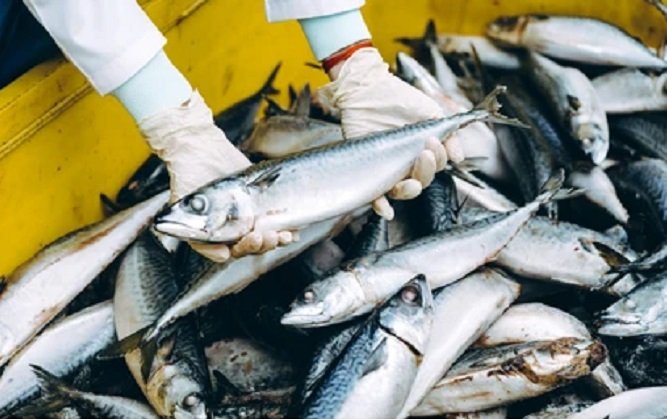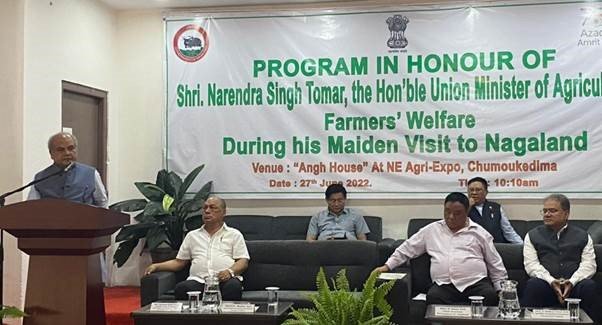India’s marine product exports grow by 30% in FY 2021-22
India has shipped 13,69,264 MT of seafood worth Rs 57,586.48 crore during FY 2021-22
Despite several challenges in its major export markets caused by the Covid pandemic, India has managed to do an all-time high export. India has shipped 13,69,264 MT of seafood worth Rs 57,586.48 crore ($7.76 billion) during financial year 2021-22, despite heavy odds. During this period, export improved in rupee terms by 31.71 per cent, in USD terms by 30.26 per cent and in quantity terms by 19.12 per cent. In 2020-21, India had exported 11,49,510 MT of seafood worth Rs 43,720.98 crore ($5,956.93 million).
According to K N Raghavan, Chairman, Marine Products Export Development Authority (MPEDA), India managed to do an all-time high export despite several challenges in its major export markets caused by the Covid pandemic.
Frozen shrimp remained the major export item in terms of quantity and value and earned Rs 42,706.04 crore ($5,828.59 million). It accounted for a share of 53.18 per cent in quantity and 75.11 per cent of the total dollar earnings. Shrimp exports during the period increased by 31.68 per cent in USD value and 23.35 per cent in quantity.
The other items being the second largest export, fetched Rs 3,979.99 crore ($540.73 million), accounting for 12.96 per cent in quantity and 6.97 per cent in USD. The export of other items increased by 43.8 per cent in rupee value and 42.94 per cent in dollar value. Other items comprise surimi and surimi analogue products by 56.55 per cent in USD terms.
Frozen fish, the third largest export item, fetched Rs 3471.91 crore ($471.45 million), accounting for 16.55 per cent in quantity and 6.08 per cent in USD. The export of frozen fish increased by 20.44 per cent in quantity and 17.19 per cent in USD.
India has shipped 13,69,264 MT of seafood














